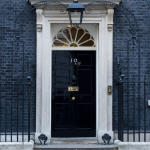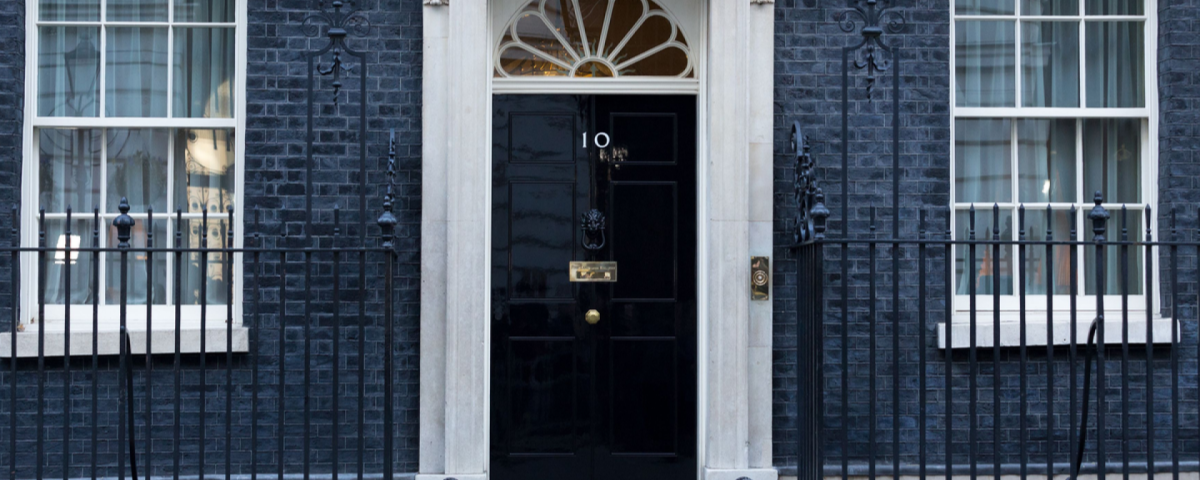
Five Reasons Why Sole Trader Accountants are Worth Their Weight in Gold
28 April 2022
What can contractors expect from new PM Rishi Sunak?
28 October 2022As the country prepares for a new Prime Minister, one of the major focal points has been the fiscal approach that the two candidates – Rishi Sunak and Liz Truss – have promised.
With a cost of living crisis starting to bite and a challenging tax landscape for contractors to navigate, we’ve summarised where each candidate stands on the key issues affecting contractors, freelancers and the self-employed:
- Corporation Tax
- Income Tax
- National Insurance
- IR35
How supportive might Rishi Sunak be of contractors and the self-employed?
In 2020, Sunak oversaw the provision of financial support for independent workers,
through the furlough scheme and the Self-Employed Income Support Scheme (SEISS).
When announcing the latter programme, Sunak called the self-employed “a crucial part of the UK’s workforce”.
However, with a reported 3m self-employed workers said to be excluded from these schemes, how much support the former Chancellor will win from independent workers remains to be seen.
For contractors specifically, arguably the biggest concern is IR35 and IR35 reform, which was introduced in the private sector in April 2021, when Sunak was the Chancellor. And Sunak was widely criticised following his last budget in this role, when he failed to address the issues caused by IR35 reform.
IR35 aside, Sunak has promised tax cuts when possible. Still, it seems unlikely that he would reverse his increase to National Insurance Contributions (NICs) – a change he was primarily responsible for rolling out.
One of the changes he has promised is to Income Tax, which is set to drop by 1% in 2024, from 20% to 19%, before reaching 16% by 2029. Even so, this will be offset by the planned increase in Corporation Tax in April next year, which was another Sunak policy during his time at the Exchequer. Rising from 19% to 25%, Sunak is in favour of keeping this in place.
What could Liz Truss offer to contractors and the self-employed?
In an interview with The Telegraph earlier this year, Ms Truss pledged “tax cuts, [and] getting a grip on public spending”.
She has spoken about her record of opposing tax increases introduced by Sunak, including the recent increase to NICs and the planned rise in Corporation Tax, which comes into effect in April 2023. Truss is in favour of scrapping both as an immediate measure in the cost of living crisis. But as things stand, she hasn’t made an announcement about Income Tax.
While there are still uncertainties about the specifics of her approach, Truss has also suggested that she would review business rates, as she believes that “they do hamper growth”.
Senior Conservative MP David Davis – who is backing Truss in the leadership contest – has called for the end of IR35, and in a recent interview, Truss confirmed that she would launch a review into IR35 if elected. She said that the rules in their current form penalise workers by “trying to treat the self-employed the same as big businesses.”
The verdict from the experts
The Institute for Fiscal Studies (IFS) has published its view on the candidates. It says that Sunak and Truss’ plans are “increasingly similar” and that “the biggest difference between the two candidates’ tax plans is one of scale and timing, not direction of travel”.
While the race is yet to conclude, and polls suggest that Truss has 66% of the vote secured, there is one thing at least we can be sure of – it’s in the next Prime Minister’s best interests to protect and support the UK’s independent workforce.

